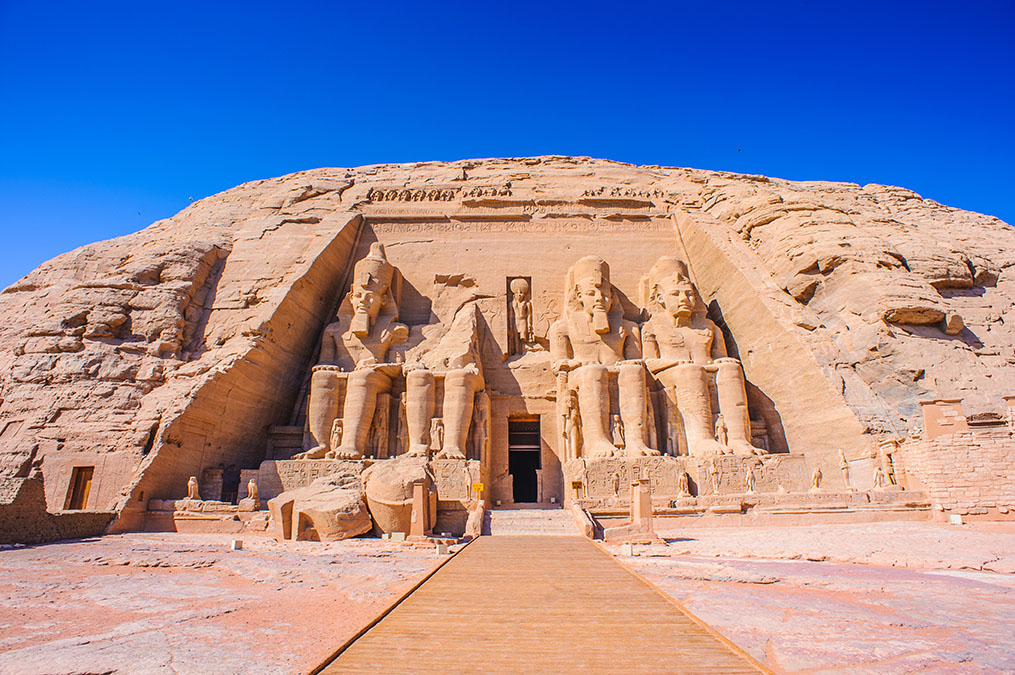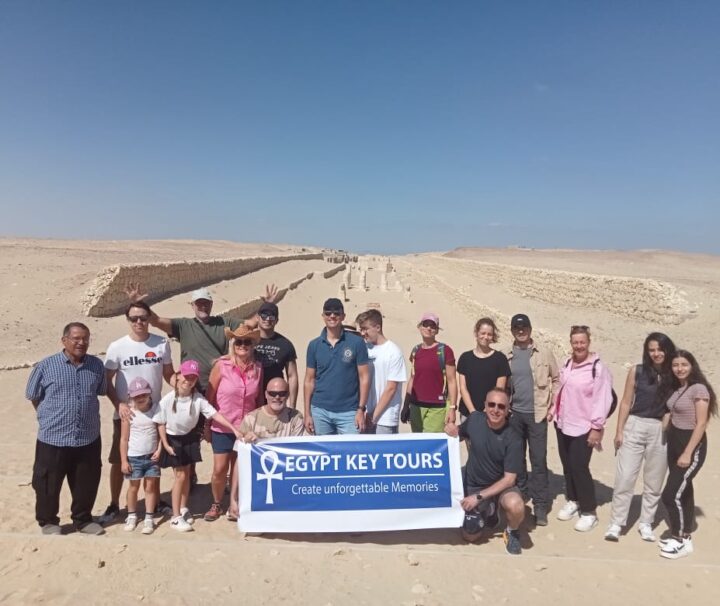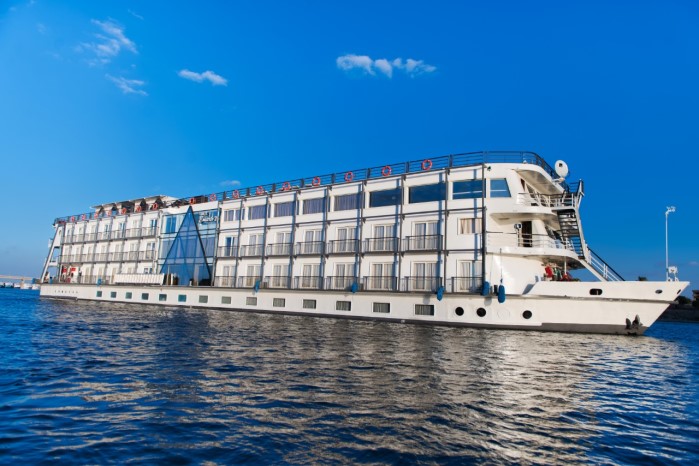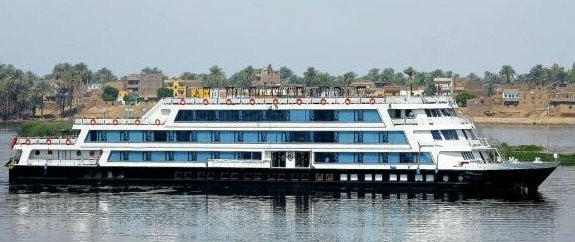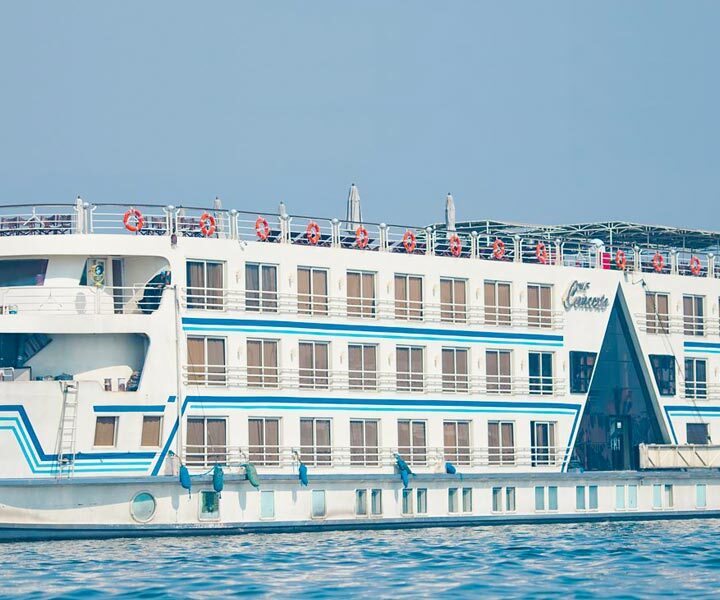Abu Simbel
Abu Simbel temple considers the largest roc-cut temple in the world and it’s one of the most impressive monuments in Egypt.
The monuments at Abu Simbel were practically unknown in the Egyptological world until Johan Ludwig Burckhardt visited the site in 1813 when he saw the upper part of a temple façade almost covered by sand. Giovanni Battista Belzoni visited the site shortly afterwards in 1817 and discovered the entrance door. Since that time many adventurers have been struck by the awe-inspiring façade of the temple built by Rameses II around 3000 years ago with its giant colossal statues of the king sculpted from the mountain rock.
In the 1960s the new High Dam was built at Aswan which resulted in a build-up of water which threatened to engulf the monuments along its Nubian shores. In a dramatic race against time UNESCO began a US$40 million rescue operation in 1964, the like of which had never been seen before. In the incredible salvage operation the temples were dismantled and cut up into manageable-sized blocks, then painstakingly reconstructed 65m higher than the original site, away from the dangers of the encroaching water. Inside a specially constructed mountain, two gigantic reinforced concrete domes protect the rebuilt temples.

